How to care for yourself if you catch COVID-19
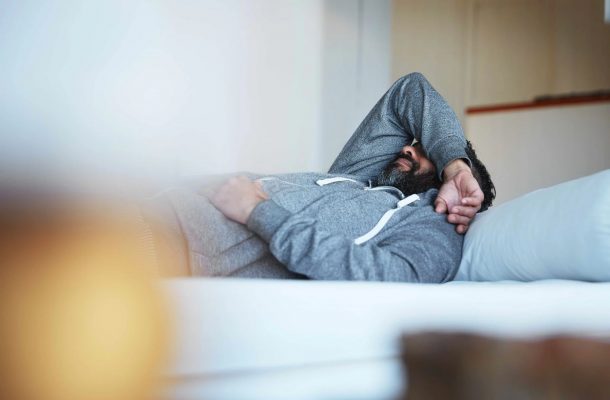
This week, in an effort to mitigate the spread of COVID-19, the Australian government banned non-essential indoor gatherings of 100 people or more, and ordered Australians not to travel overseas.
The aim is to flatten the curve – a term that refers to slowing the spread of the virus so that fewer people need to seek treatment at any given time and our healthcare resources aren’t overwhelmed.
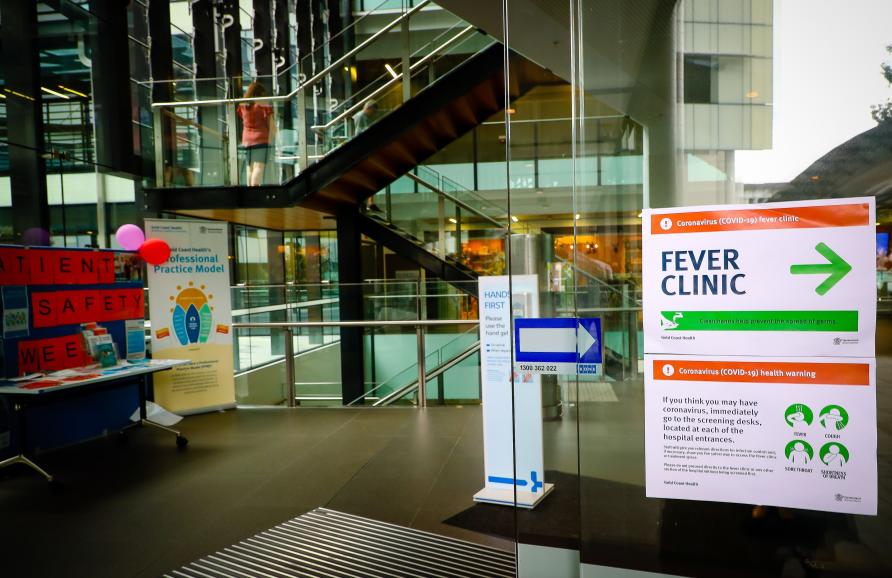
To get a diagnosis of COVID-19, you need to be tested by your local GP or at a screening clinic or assessment centre.
Earlier this week, Victoria’s government declared a State of Emergency, giving the Chief Health Officer, Doctor Brett Sutton, the authority to do whatever is necessary to contain the spread of the virus and reduce the risk to the health of Victorians.
But while there has been a lot of public discussion around what you can do to protect yourself and stop the spread of the virus, there doesn’t seem to have been as much information about how to take care of yourself if you are at home with COVID-19.
Getting a diagnosis
In order to get a diagnosis of COVID-19, you need to be tested by your GP or at a screening clinic or assessment centre here in Victoria. You can check each state’s health department page to find your local centre.
If you decide to go to your GP, make sure you call ahead first and let them know that you are displaying symptoms, as this will allow them to put measures in place to prevent spreading the virus further if you do test positive.
You will then be assessed and, if you meet the current case definition of COVID-19 (there are both clinical and epidemiological criteria), you will be tested.
But, while you wait for the results, you will be asked to self-isolate in the few days to a week it takes for the results to come back.
So, how do you look after yourself if you do test positive for COVID-19? Here are four steps you can take.

Self-isolating means staying in your home and not going out to any public places.
The importance of self-isolation
If you have been asked to self-isolate by your local health clinician or the Department of Health and Human Services, there are quite a few things to consider.
These include symptom management, preventing further spread of the virus and managing your own mental health.
If you are self-isolating, that means that you must stay in your place of residence and not go out to any public places.
Only the people who live with you and are essential for caring for you should stay in the house. All other people who live in the home should consider staying elsewhere.
It’s also really important not to accept visitors – no friendly neighbours checking in or extended family offering food.
If you are having difficulties getting food or necessities, there is help available. You can call Victoria’s 24-hour coronavirus hotline on 1800 675 398 for support, or visit the state government’s information site: https://www.dhhs.vic.gov.au/coronavirus.
Nationally in Australia, there’s the 24-hour Coronavirus Information Line on 1800 020 080 (call 131 450 if you need assistance translating or interpreting), or visit www.health.gov.au.
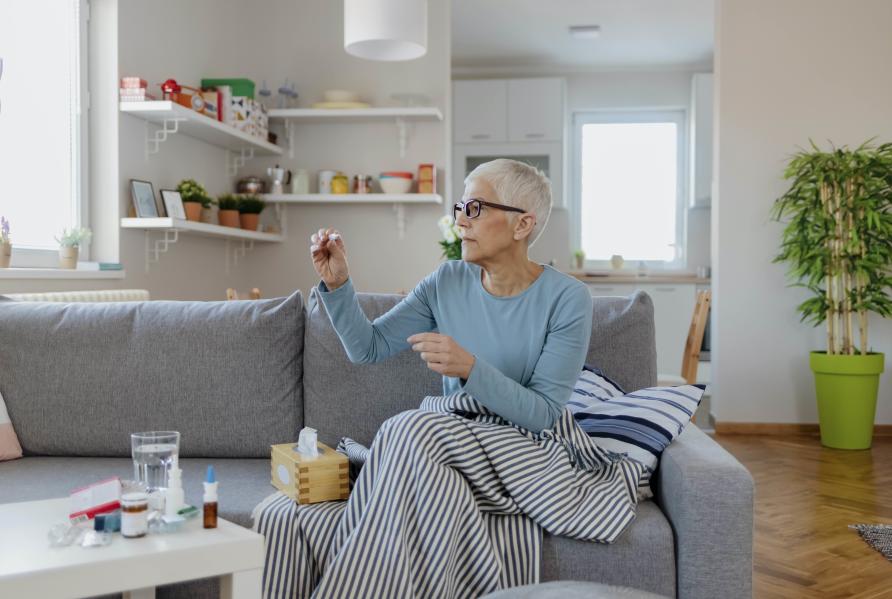
COVID-19 symptoms include fever, sore throat, fatigue and a cough.
Managing your symptoms
We know that for many people who contract COVID-19, the symptoms will be mild. The most commonly reported symptoms of the coronavirus include:
- Fever
- Breathing difficulties such as breathlessness
- Cough
- Sore throat
- Fatigue or tiredness.
Most of these can be managed at home. But it is important to be aware that a cough can be a symptom of another disease like asthma, bronchiolitis or emphysema, to name a few.
A cough that is associated with a viral illness is usually acute and self-limiting (rarely lasting more than one to three weeks), caused by irritation of the windpipe or a build-up of mucus.
Over-the-counter lozenges and staying hydrated can help with the irritation if that is the cause of the cough, but store bought cough medicines and expectorants are not that effective and provide no benefit.
The key is to call your GP if your cough isn’t settling down in one to two weeks.
There’s been some discussion you may have seen about the use of antipyretics – that is, paracetamol or ibuprofen – as at times a mild fever can actually help the immune system to get rid of an infection.
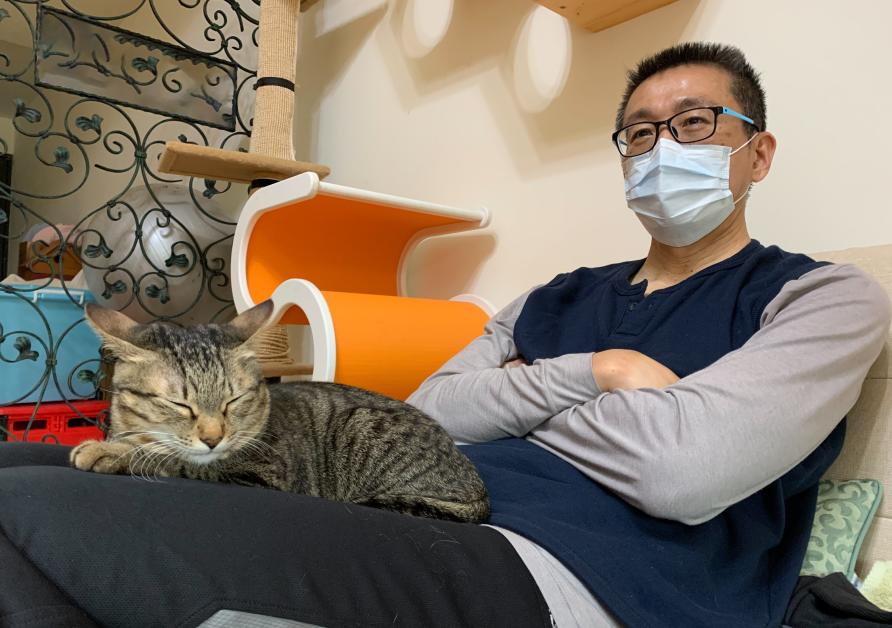
If you’re home with other people, wear a face mask in communal areas to prevent spreading the virus.
There have been reports out of France that suggest taking paracetamol over ibuprofen, because ibuprofen might diminish the response of the body’s immune system.
There has actually already been quite a lot research into this using case control studies – an observational study in which two existing groups differing in outcome are identified and compared.
These studies explored whether nonsteroidal anti-inflammatory drugs (NSAIDs) like ibuprofen, aspirin and naproxen, might prolong an illness from infection. Some experts believe that ibuprofen’s anti-inflammatory properties may ‘dampen’ the body’s immune response.
But there has been no new research into ibuprofen and the new coronavirus.
It’s also important to note that observational studies (such as case control) are difficult to interpret due to confounding variables.
When treating a fever at home, the Victorian Better Health Channel suggests taking either paracetamol or ibuprofen in the recommended doses to help reduce your temperature. If you have been advised by your GP not to take ibuprofen due to a pre-existing condition, then use paracetamol.
If you do have a fever, make sure you drink plenty of water, use tepid water to sponge down exposed skin and get plenty of rest.
Despite what many movies would have us believe, cold baths and showers should be avoided as they can have the opposite effect and end up trapping heat and/or generating heat instead
Other possible symptoms include chills, body aches, runny nose and muscle pain.
If you are at home, monitor your symptoms. You will be contacted daily by your GP or the treating medical team to discuss your symptoms.
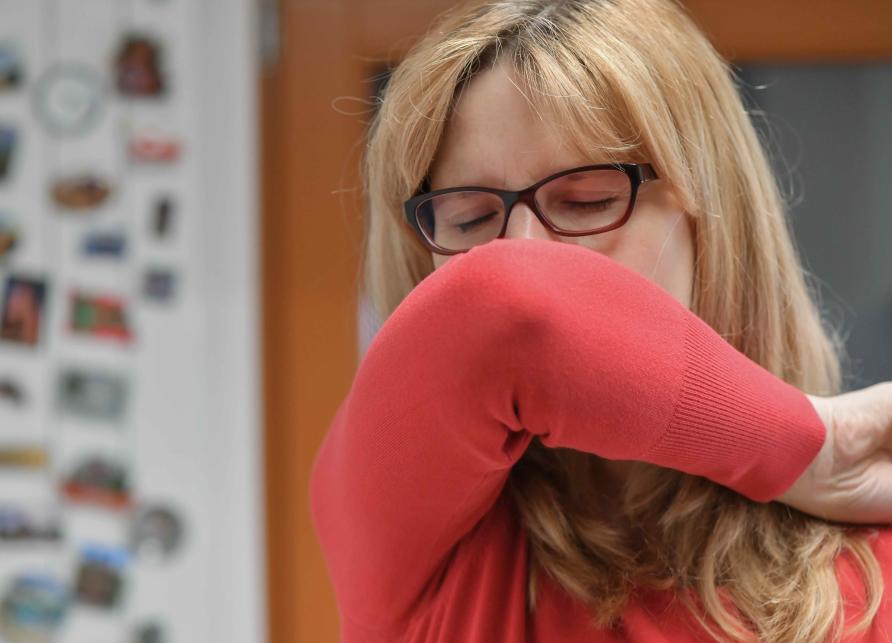
Personal hygiene, like coughing into your elbow, is the key to limiting the virus’ spread.
If your symptoms are getting worse, call your GP or the emergency department that performed the initial testing and made the positive diagnosis.
If it is a medical emergency – you have shortness of breath when at rest or difficulty breathing – call 000 and ask for an ambulance. Make sure you or the person looking after you tells them that you have COVID-19 so they can put measures in place to prevent its spread.
Hygiene at home
It’s important to separate yourself from your housemates or family members as much as you can.
If you’ve tested positive for COVID-19, try and avoid communal areas for long periods. If you do need to be in the same room, you should wear a surgical mask to help prevent spreading the virus.
Don’t share household items like drinking glasses or plates, don’t cook for other people and, if possible, try to avoid using the same bathroom.
It’s also important to adopt good cleaning habits – like making sure you dispose of contaminated items like tissues. This is an essential step in preventing the spread of the virus.
Then there’s also personal hygiene at home.
So, all of the information we have been told about protecting yourself also comes into play here.

Washing your hands is one of the best defences against most viruses.
Practise good sneezing and coughing hygiene – cover your coughs or sneezes with your elbow rather than your hand.
Crucially, wash your hands with soap and water. It’s one of the best defences against most viruses.
An easy way to make sure you are being thorough is to time washing your hands by singing the full happy birthday song – twice – which should take 20 to 30 seconds.
Looking after your mental health
Being stuck in isolation for an extended period can be stressful for anyone, but you can take steps to ensure the experience isn’t a lonely one.
You can keep in touch with friends and family members via telephone, email or social media.
But while our devices can be useful, try not to rely too heavily on technology. Instead, use the time to do some things that you never usually have time to do like doing a craft, drawing or reading.
Work on developing or maintaining a daily routine that includes things like mealtimes and exercise, this will help to reduce stress and depression. If you have a private garden or a balcony, go outside and get some sunshine and fresh air.
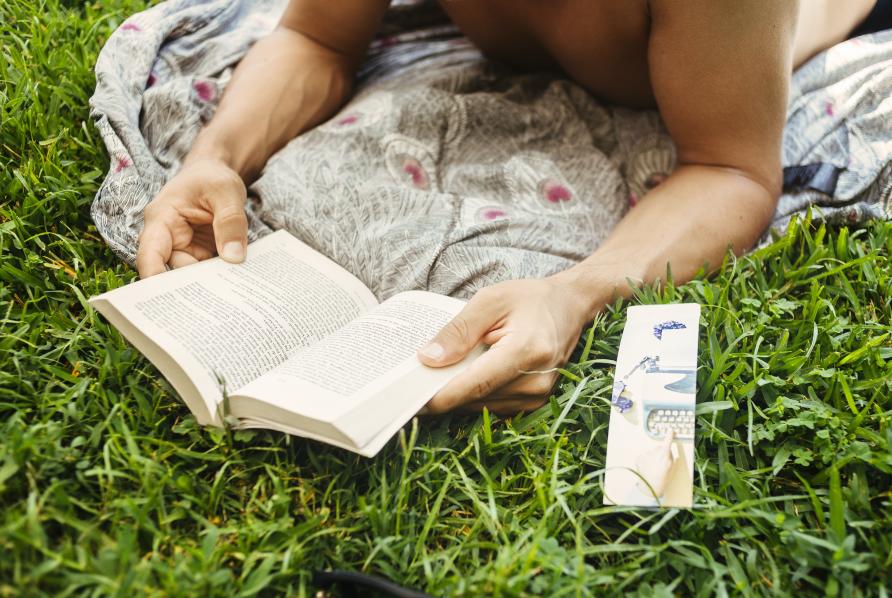
If you have a private, outside space – go and get some sunshine and fresh air.
Learn more about coronavirus from trustworthy and credible sources – understanding it will help to reduce your anxiety.
But, if you are struggling, reach out to your support network whether it be friends or family. If you’re in Australia, you could also contact organisations like Lifeline (13 11 14) or Beyond Blue (1300 22 4636) for help. This article was published by Pursuit.
John Thompson became a register nurse since 1996 and an endorsed nurse practitioner in2010. His area of specialty practice is emergency nursing.













